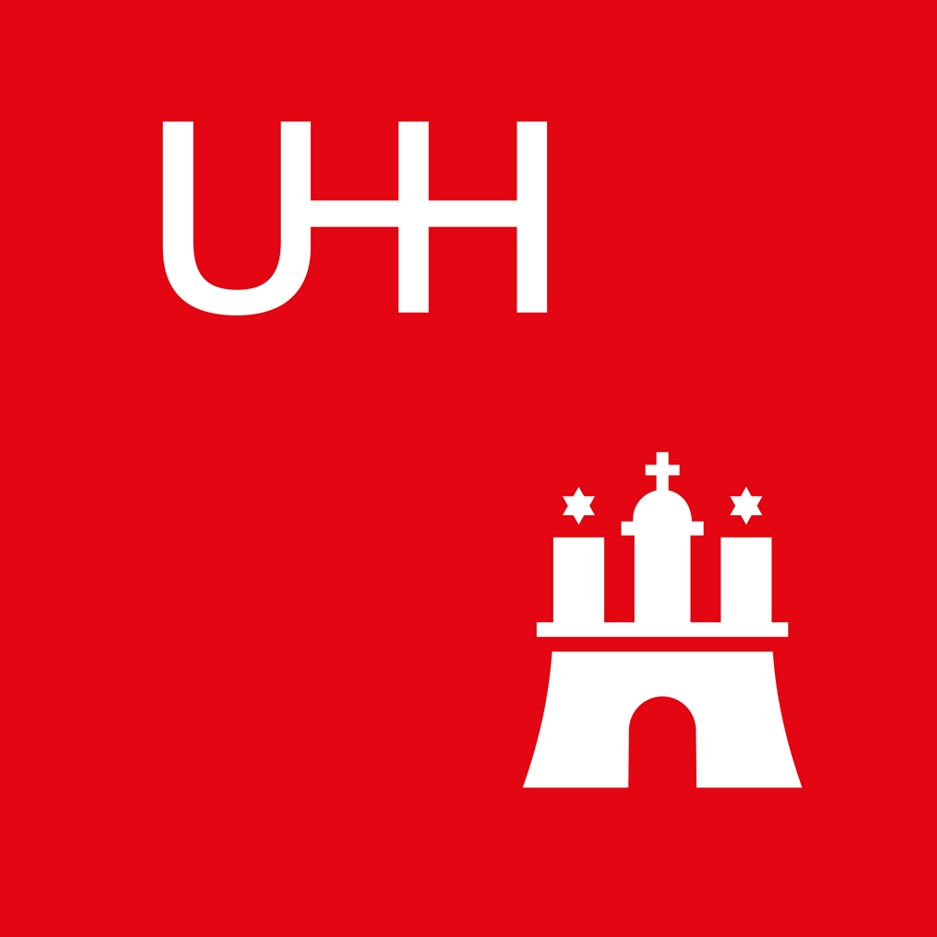The University of Hamburg

The University of Hamburg
About the University
The University of Hamburg was instituted on 28 March 1919 by joining the former General Lecture System, the Colonial Institute of Hamburg, and the Academic College. It has been listed in the top 200 universities globally by the Times Higher Education Ranking.
Image of University

Overall Ranking
According to the present statistics, the university is ranked 131 of 14,160 in the World, 34 of 2,789 in Europe, 6 of 370 in Germany, 1 of 18 in Hamburg state, 1 of 18 in Hamburg city. Besides, 27 of 1,010 for Nuclear Physics and top 100 for other 11 topics.
Courses offered by the University of Hamburg
There are 8 faculties and 27 departments in the university:-
Facts and Figures
The University is northern Germany’s largest and most assorted center of analysis. Currently, there are more than 40,000 students enrolled in the university out of which 57% are female and 43% are male. Approximately 14% of international students are recorded in the university.
Scholarship and Financial Aid
No information about this is given on University’s portal. In case of any update, data will be updated here as well
Internships near the University of Hamburg
Students can work to earn simultaneously with their studies. Students can either work in the university as HiWi or can join internships and jobs in the outside market. University also organizes job fairs and career days for students to connect them with recruiting companies.
Jobs near the university:
They can also find any job at a nearby market, stores, shops, and call centers or they can also find vacancies on online sites from companies such as TRENDONE GmbH, Weischer Solutions GmbH, HANSAINVEST- Hanseatische Investment-GmbH, and many more.
Housing and accommodation
For on-campus houses and accommodation, students can apply at students’ residences. Studierendenwerk Hamburg provides 26 housing facilities for 4,400 occupants. Students can also find separate accommodation or shared flats in the city very easily with an average rent of 300-500 EUR/month.
Cost of living
The cost of living merely depends on the lifestyle of students and varies according to distinct places. But an average cost of living is around 800 EUR/month which includes all the basic needs such as rent, food (around 150-200 EUR/month), clothing, and health insurance and medicines (around 100-110 EUR/month).
[table id=13 /]Places to visit near The University of Hamburg
There are many places to hang out around, some of them are:-
- Planten un Blomen- It is a public park in Hamburg which is popular for its water-light shows, public theater, and music concerts.
- International Maritime Museum- It is a museum in the HafenCity of Hamburg which has a great collection of model ships, construction plans, and maritime art.
- Mineralogisches Museum Hamburg- It provides keen-sightedness into the world of minerals, ores, precious stones, rocks, and meteorites and makes use of a simply accessible presentation concept.
- St. Nikolai Memorial- It is a church that was dismantled by fire in 1842 and was entirely reconstructed by 1874.
All in all, the University of Hamburg emanates excellence be it in teaching or research. Moreover, it is undeniably a paradise for international students that constitutes 14% of the student population. Apart from that, museums and parks, create a serene atmosphere which is much needed after a hectic schedule of studies and assignments.
